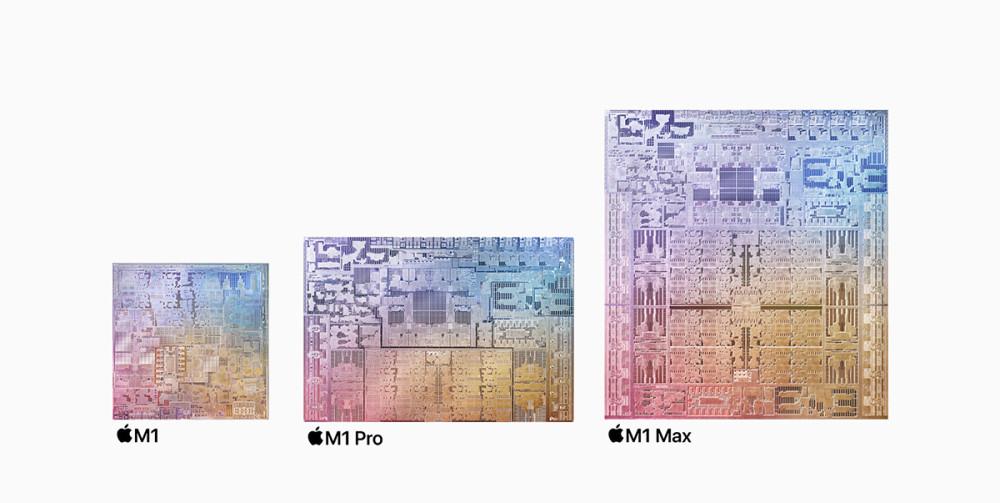According to Apple's statement when it released the M1 chip, it will make the transition of its Mac product line from x86 processors to self-developed chips in two years, and this work has been carried out for a year. With apple releasing new versions of the 14-inch and 16-inch MacBook Pro this fall, powered by the more powerful M1 Pro and M1 Max chips, it means that the work is another big step forward.

According to ctee, Apple's supply chain has been rumored that the development of the M2 series chip is close to completion, will use TSMC 4nm process manufacturing, the future Apple's self-developed chip will be 18 months as the upgrade cycle. After 2022, Apple's Mac product line will be adjusted to six series, notebook computers will be divided into MacBooks equipped with M2 chips, and MacBook Pros equipped with M2 Pro and M2 Max chips; all-in-one machines will be divided into iMacs equipped with M2 chips, and iMac Pro equipped with M2 Pro and M2 Max chips; desktop platforms will also have Mac minis equipped with M2 chips, and Macs equipped with M2 Pro and M2 Max chips Pro。
With the launch of the M2 series of chips, Apple's division of its product lines will be more clear, which will also help accelerate the replacement of product lines. In the M2 series, the M2 codenamed "Staten" is expected to be launched in the second half of 2022, and the M2 Pro and M2 Max chips code-named "Rhodes" are expected to be launched in the first half of 2023. It is expected that after another 18 months, Apple will launch the M3 series of chips, manufactured using TSMC's 3nm process. In addition, the A16 Bionic used in the iPhone 14 series will use a 6-core CPU architecture and be manufactured using TSMC's 4nm process.